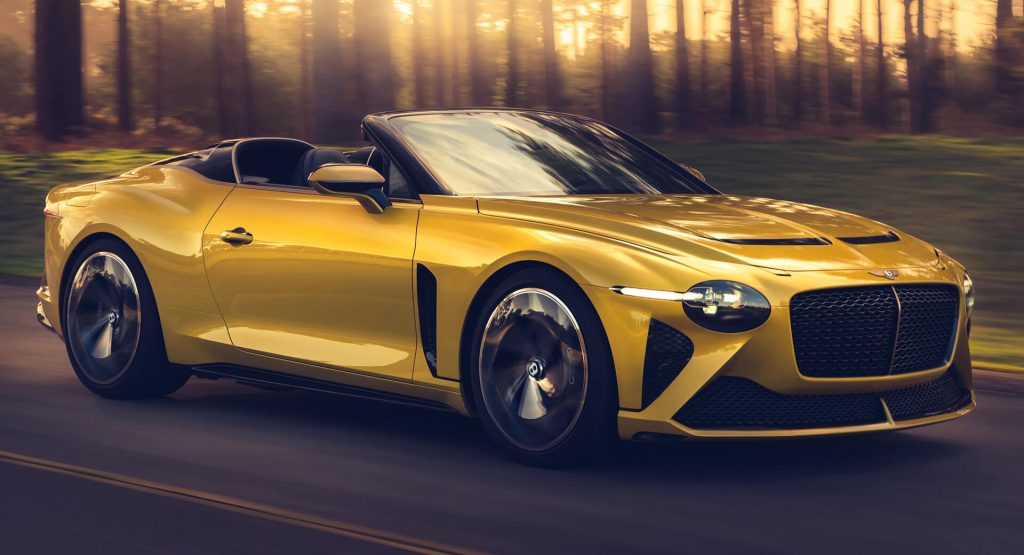Bentley is open to the idea of using synthetic fuels as a way to keep the internal combustion engine alive.
Fellow VW Group manufacturer Porsche is investing heavily in synthetic fuels and establishing an e-fuel production facility in Chile through a partnership with Siemens. While Bentley won’t partner with Porsche on this project, it does believe e-fuels will allow it to continue to produce ICEs until the British carmaker goes all-electric in 2030.
“We’re looking more at sustainable fuels, either synthetic or bio-gen,” Bentley engineering boss Matthias Rabe told Autocar. “We think the combustion engine will be around for a long time yet, and if that’s the case, then we think there can be a significant environmental advantage from synthetic fuels. We will have more to say on this in time, but we’re positive about this technology. We absolutely believe in e-fuels as a further step beside electromobility. We will probably tell you more details on this. Right now the costs are high and we will have to install some processes, but in the long-term, why not?”
Read Also: Porsche Thinks Its Synthetic Fuel Could Be As Green As Electric Propulsion
Bentley chief executive Adrian Hallmark is similarly optimistic about e-fuels but acknowledged they simply can’t completely replace the reliance on oil.
“Today we need about five trillion barrels of oil a day, so replacing that with e-fuels won’t be possible,” he said. “But as EV uptake rises, to further reduce the impact of cars that need liquid fuels, it can be a parallel exercise, and we can be involved in that journey too. It won’t replace battery electric vehicles, but it can extend the life of combustion-engined cars in a more sustainable way.”
We’re not sure where Hallmark got his figure of five trillion barrels of oil a day from, as the world actually uses nearer to 100 million barrels of oil per day. Nevertheless, it is becoming increasingly apparent that synthetic fuels will only be used by a small handful of car manufacturers for select models.





